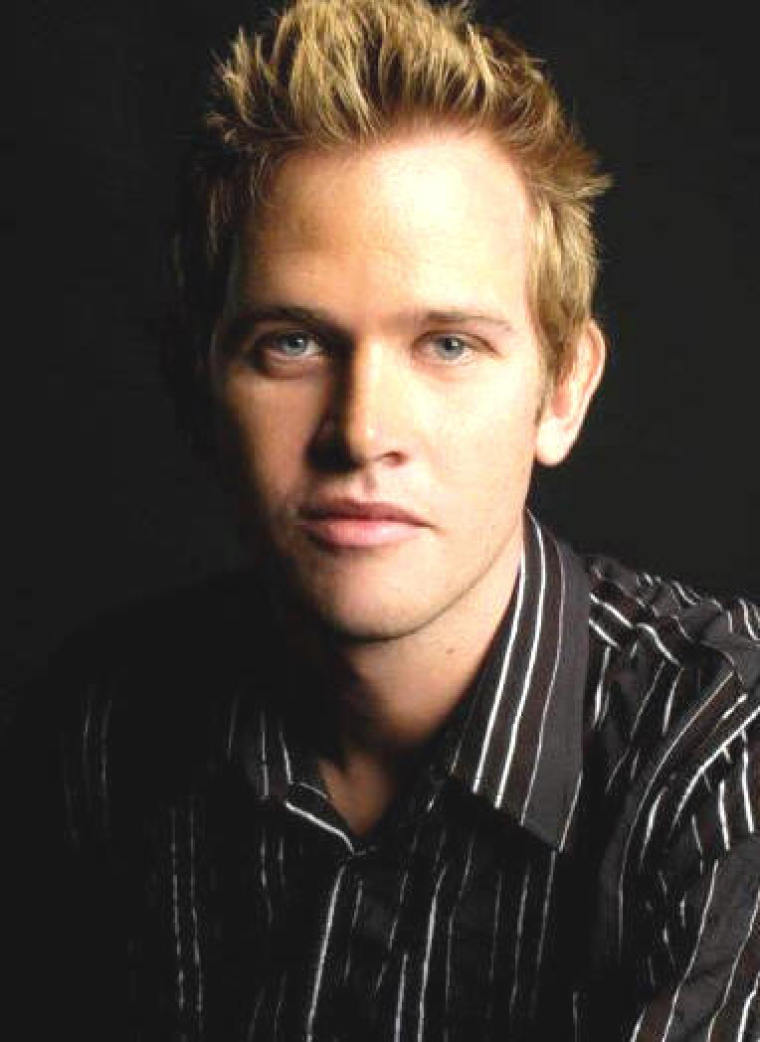

I have a bone to pick with the world, and it's this: I don't want to hear one more of your opinions. Anyone's opinions—not a single one; I'm done. I don't care what you think about the environment, politics, culture, economics, education, or the state of world affairs.
I don't want to hear your views on immigration, terrorism, corrupt elections, police brutality, social inequality, immigration, racial divides, or how to make money. And don't even think about giving me your opinion on the meaning of life. Believe me—your qualifications definitely don't check out. But I hear your confusion, and sense your exasperation. You're asking me the obvious question: "So why on earth are you writing this article—this opinion piece?"
Untrustworthy opinions
The answer's simple: my qualifications don't check out either. Why? You ask. After all, "Don't you trust your own opinion?" No, I don't—at least not entirely. I am one person of limited abilities, and my capacity to understand is similarly flawed. My views and perceptions stem from influences of personal background, family, friends, learning, experiences, my existence in history, and the places and cultures I've lived. Successes and failures have also shaped my worldview, philosophy, behaviour, and passions.
Everyone's opinionated but few seem to realise not everyone can be right. Even fewer seem to care. Fewer still seem to mind what sources people use, why they believe what they do, and that most people may be wrong about most things, most of the time, because we all see through the same faulty lens of human reasoning.
The sources of this world which claim to be able to perceive and discover 'wisdom' and discern 'reality' are all faulty: science, philosophy, reasoning, and sense are all limited and imperfect tools because they're handled and perceived by similarly limited and imperfect human beings. Even the greatest intellect and IQ is flawed as there may always be knowledge we don't have and can't access.
There is always the possibility that the same knowledge we 'discover' in the future could undermine or disprove all previously known knowledge. All our wisdom, knowledge and subsequent opinions are therefore fluid, changing, and ultimately untrustworthy. Now you know why I don't want to hear anyone's opinion—now you know why you shouldn't either. If we can't trust ourselves, an obviously pressing question arises: What can we trust?
Faith-full evidence
It may seem self-defeating to propose that faith-based Christianity is the answer to this great problem. When faith is mentioned people usually roll their eyes and presume believers rely on fantasy instead of evidence. This is true in many cases regarding other religions' truth claims, but not Christianity's. Christianity bases much of its faith on evidence—let's start with Biblical historicity.
Plenty of archaeology supports the historical record of the Bible, and thereby supports its claims of ultimate truth. Let's look at three main pieces of evidence:
- The Dead Sea scrolls: from 1947 to 1956 around 15,000 fragments of over 500 manuscripts of every book of the Old Testament were found except for Esther.
- A common flood story: the ancient Greeks, Egyptians, and Mesopotamians all recorded the story of the flood found in the book of Genesis.
- Old and New Testament excavated sites: Old Testament sites such as Jericho, Megiddo, Samaria, Shilo, Gezer, Beersheba, Lacish, and the existence of many other sites recorded in the Bible have been proven through excavation. In 2004, part of the pool of Siloam was found. John's Gospel records this as the place where Jesus healed a man's blindness.
The Bible also verifies itself in three key ways:
- Literary consistency: all the Biblical books were written by 40 different writers over 1,500 years but still contain an overall story of God's plan of salvation which culminated in Jesus. This is remarkable considering a circle of 10 people can't even keep the authenticity of a single message from beginning to end. This suggests the definite existence of one divine author behind the Bible's writings.
- Prophetic consistency: over 300 prophecies in the Old Testament were fulfilled in the life, death and resurrection of Jesus. The odds of this happening randomly are astronomical and so point to the Bible's supernatural origin.
- Eyewitness accounts: The Bible was written by people who witnessed the events it records. These same witnesses never changed their story despite experiencing brutal persecutions. They were also martyred for their faith.
Modern witnesses
Christianity's undeniably comprehensive modern global influence proves the Bible's transformational power and goodness. No other book in world history has had a greater influence on the literature, laws, ethics, art, and music of human civilisation.
Jesus himself testified to the truth of Christianity in the Bible by performing miracles only a creator could bring about. His eyewitness writers record him healing blindness, deafness, lepers, the paraplegic, and raising a man from the dead. The power which testifies of His existence still remains today.
I myself have been witness to deafness being healed, eyesight being restored, and the curing of many other kinds of other disorders. I personally know others who have witnessed the same miracles and many others.
Evidence that demands a verdict

All this is compelling evidence to suggest that all our opinions about the world and life itself should be submitted to a very deserving Bible and God. Jesus once said, "I am the way, the truth, and the life" (John chapter 14, verse 6). Either he was lying, or his opinion was the most important and life-changing one we've ever heard. I'm over most people's opinions, but I've never tired of His. I made up my mind long ago. Have you?
Tim's home is on the Gold Coast in Queensland. He has a Graduate Associate of Theology degree, taught in Christian Education for over six years, and is currently studying a Masters of Divinity in theology at Liberty University in the US. He enjoys writing, the beach, and watching movies.
Tim Price's previous articles may be viewed at http://www.pressserviceinternational.org/tim-price.html